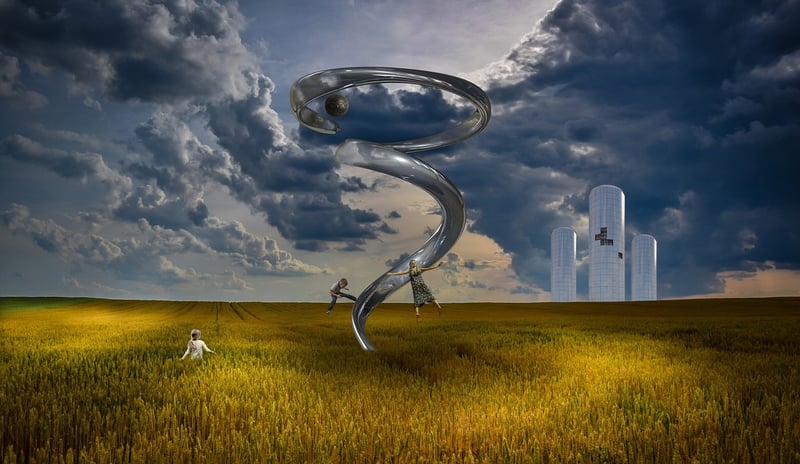Alternate Realities
The Legalities of Time Travel and Alternate Realities
Time travel and alternate realities have long been popular topics in science fiction, but what if these concepts were not just the stuff of imagination? In a world where technology continues to advance at a rapid pace, it's essential to consider the legal implications of time travel and the existence of alternate realities.
Time Travel Laws
As of now, time travel is purely theoretical and has not been proven to be possible. However, if time travel were to become a reality, it would undoubtedly raise a myriad of legal issues. Questions about altering historical events, changing the course of history, and potential paradoxes would need to be addressed.
Key Points:
- Regulation of time travel technology
- Responsibility for consequences of time alterations
- Impact on existing legal systems
Alternate Realities
The concept of alternate realities suggests the existence of parallel universes where different events unfold. While this idea is fascinating, it also poses significant legal challenges. If alternate realities were accessible, how would they be governed, and what rights would individuals have in these realms?
Considerations:
- Legal recognition of alternate realities
- Jurisdictional issues across dimensions
- Rights and responsibilities of individuals crossing between realities
Conclusion
While time travel and alternate realities remain speculative concepts, exploring the legal frameworks surrounding these ideas is crucial for anticipating future challenges. As technology continues to advance, it's essential for lawmakers and society as a whole to consider the implications of potentially traversing through time and alternate dimensions.
For more information on related topics, you can visit Scientific American.

